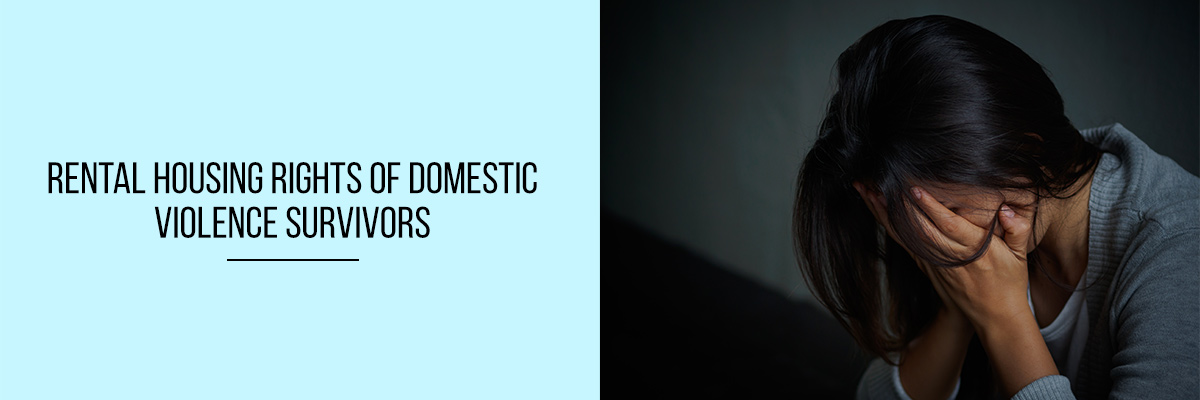Housing discrimination is a well-known problem in the United States, but it can still happen to domestic violence survivors even after they have received housing assistance. And victims of domestic violence are often fearful for their safety, so they may choose to stay in dangerous, unsafe, or inappropriate housing conditions.
The U.S. Department of Housing and Urban Development (HUD) has long been aware of the devastating consequences of housing discrimination against domestic violence survivors. Too often, survivors of domestic violence are denied housing simply because of their abusive history. This is not only unfair, but it means that they may lose their home and be displaced while their abuser is allowed to continue living in the same neighborhood, often under the same roof.
Rental Housing Rights of Domestic Violence Survivors
Housing discrimination against domestic violence victims is not a new phenomenon. In fact, many of the laws that protect women and children from abuse and harassment in the workplace and public places were created to help victims of domestic violence and their families. For instance, federal civil rights laws make it illegal for housing providers to discriminate on the basis of gender or gender stereotypes, and they also make it illegal for landlords to discriminate against prospective tenants because of race, color, national origin, religion, disability, and marital status. However, these protections often do not apply to survivors of domestic violence and their children.
The U.S. Department of Housing and Urban Development (HUD) interprets the Federal Fair Housing Act as prohibiting discrimination based on race, color, religion, sex, familial status, or national origin. Laws that fall under this category include the Federal Fair Housing Act, the Equal Credit Opportunity Act, the Americans with Disabilities Act, the Rehabilitation Act, the Age Discrimination Act, the Family, and Medical Leave Act, and many others.
When a domestic violence offense occurs, the housing authority may immediately evict a victim by virtue of a no-tolerance policy. In fact, the housing authority may evict a victim as soon as a single incident of violence occurs. Accordingly, a victim may be evicted even if there were no prior violence, as well as even if the victim is the sole occupant of the rental unit.
Fair Housing Laws For Domestic Violence Victims
Federal Fair Housing Act and CA Fair Employment and Housing Act apply to all housing, including a few exceptions. The Fair Housing Act prohibits discrimination in the buying/selling, renting, leasing, or occupying of a residence because of the individual’s membership in a protected class.
Final Words
Housing discrimination is a well-known problem in the United States, but it can still happen to domestic violence survivors even after they have received housing assistance. And victims of domestic violence are often fearful for their safety, so they may choose to stay in dangerous, unsafe, or inappropriate housing conditions. However, it is important to know that the Violence Against Women Act, which was created in 1994, prevents landlords from evicting tenants in certain circumstances.
To know more about the Rental Housing Rights of Domestic Violence Survivors, attend the Compliance Prime webinar.


